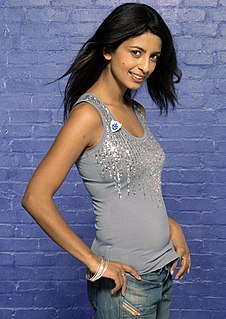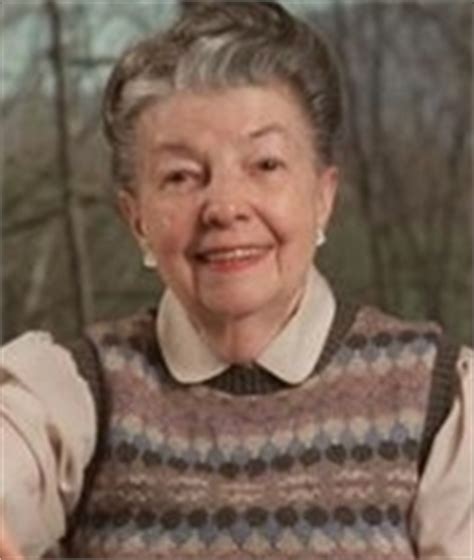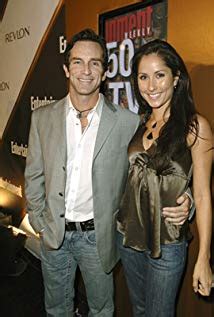A Quote by Khaled Hosseini
Whatever the readers feel when they're reading my books, I feel it tenfold when I'm writing it.
Related Quotes
There's no such thing as a folk writer. There's no such thing as somebody who's never read a book before suddenly sitting down one day and writing one. You have to learn how to captivate a reader. Right? And I don't mean you have to go to school for it. But if you're - if you pay attention, you can learn it by reading books. And so I feel like I learned a lot by reading books.
I literally feel like books saved my life. I found these people. Me reading Camus and Kafka, all of the tortured teenager stuff of someone who's falling in love with books. These people, these writers had the questions. They may not have had the answers, but they're not afraid to look at the questions head on. It was just life-changing for me. Yeah, books, honestly, I can't even tell you. I feel saved by books; I feel like they let me be who I was and find the world I wanted to be in.
My platform has been to reach reluctant readers. And one of the best ways I found to motivate them is to connect them with reading that interests them, to expand the definition of reading to include humor, science fiction/fantasy, nonfiction, graphic novels, wordless books, audio books and comic books.
By believing that only some of our students will ever develop a love of books and reading, we ignore those who do not fall into books and reading on their own. We renege on our responsibility to teach students how to become self-actualized readers. We are selling our students short by believing that reading is a talent and that lifelong reading behaviors cannot be taught.







































